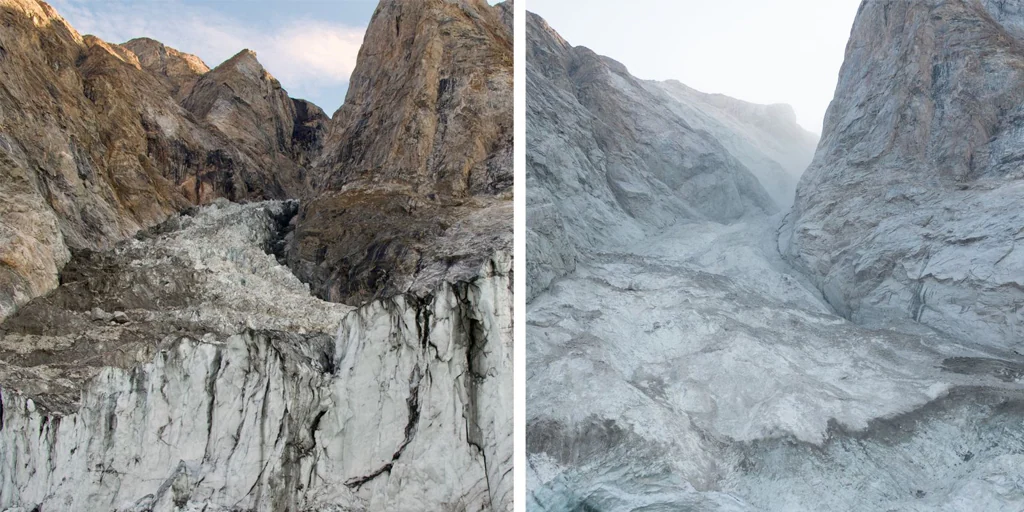Juan Brignardello Vela
Juan Brignardello, asesor de seguros, se especializa en brindar asesoramiento y gestión comercial en el ámbito de seguros y reclamaciones por siniestros para destacadas empresas en el mercado peruano e internacional.




Wildfires in Bolivia continue to spread, despite the implementation of an "indefinite environmental pause" at the national level since September 11, a measure aimed at halting environmental devastation and protecting public health. However, recent data from the Departmental Emergency Operations Center (COED) reveals that 33 active fires are ongoing in 11 municipalities in Santa Cruz, which not only exacerbates the wildfire problem but also causes a noticeable degradation of air quality in the region. The smoke generated by these fires has caused the Air Quality Index (AQI) in some Bolivian cities, especially in Santa Cruz, to reach alarming levels. Last Thursday, for example, an AQI of 172 was recorded, a level classified as "very poor" and representing a serious risk to public health. This situation has led local authorities to issue urgent recommendations, urging the population to limit outdoor activities, avoid intense physical exercise, and wear masks to protect themselves from contaminated air. Despite the burning ban in effect, as outlined in Supreme Decree 5225, the fires do not seem to relent. This regulation nullifies permits for burning issued by the Forestry and Land Supervision Authority (ABT), which previously allowed practices that often resulted in uncontrolled fires. The implementation of this environmental pause had been anticipated as an effective solution to address a persistent problem in the country, but recent events suggest there is still much work to be done. The situation has been further complicated by the smoke, which has severely impacted civil aviation operations. Ten airports in Santa Cruz have been forced to suspend their flight operations due to poor visibility caused by the smoke, adding another layer of complication to an already critical scenario. However, Viru Viru Airport has continued its commercial operations, both national and international. In response to the environmental crisis, the Bolivian Senate has taken significant steps by repealing Law 741, which allowed clearing of up to 20 hectares, a regulation that had been criticized for its potential to encourage illegal burning. Senator Cecilia Requena emphasized that this law was one of the most concerning, as it allowed communities to clear land without consolidated property rights, often resulting in wildfires. The repeal of this law is not an isolated act but is part of a broader effort by the government to address the underlying causes of wildfires. The Senate has also approved the repeal of two other laws related to the use of burning, indicating a significant shift in legislative approach toward environmental protection. The accumulated damage in the department of Santa Cruz is alarming. According to data provided by Jhonny Rojas, COED coordinator, more than 3 million hectares have been consumed by fire so far this year, affecting over 700 families and damaging 21 homes. Local authorities have activated disaster declarations in 15 municipalities, a measure that reflects the severity of the situation and the urgent need for intervention. This dire outlook raises concerns not only about air quality and the impact on public health but also about the long-term implications for the environment and biodiversity in Bolivia. Deforestation and the destruction of natural ecosystems have consequences that are felt on multiple levels, affecting not only local communities but also the global fight against climate change. The fight against wildfires and environmental degradation in Bolivia is a task that requires collaboration from all sectors of society. From government authorities to local communities and the general public, everyone has a role to play in protecting natural resources and promoting sustainable practices. The current situation should serve as a call for urgent and coordinated action to mitigate damage and ensure a more sustainable future for the country.
Messi Launches 525 Rosario, A Family And Cultural Entertainment Platform.

Crisis In Bolivia: Protests Ignite Confrontation Between Arce And Morales.
:quality(85)/cloudfront-us-east-1.images.arcpublishing.com/infobae/273X22YFAHTNR5MCH7ATPAAULU.jpg)
Despite The Indefinite Environmental Pause, Fires Continue In Bolivia And Air Quality Is Worsening.
:quality(85)/cloudfront-us-east-1.images.arcpublishing.com/infobae/OKWA4HWUTFHW3DVEQLOOU6DWKY)

-U18402306776Wct-1024x512@diario_abc.jpg)

